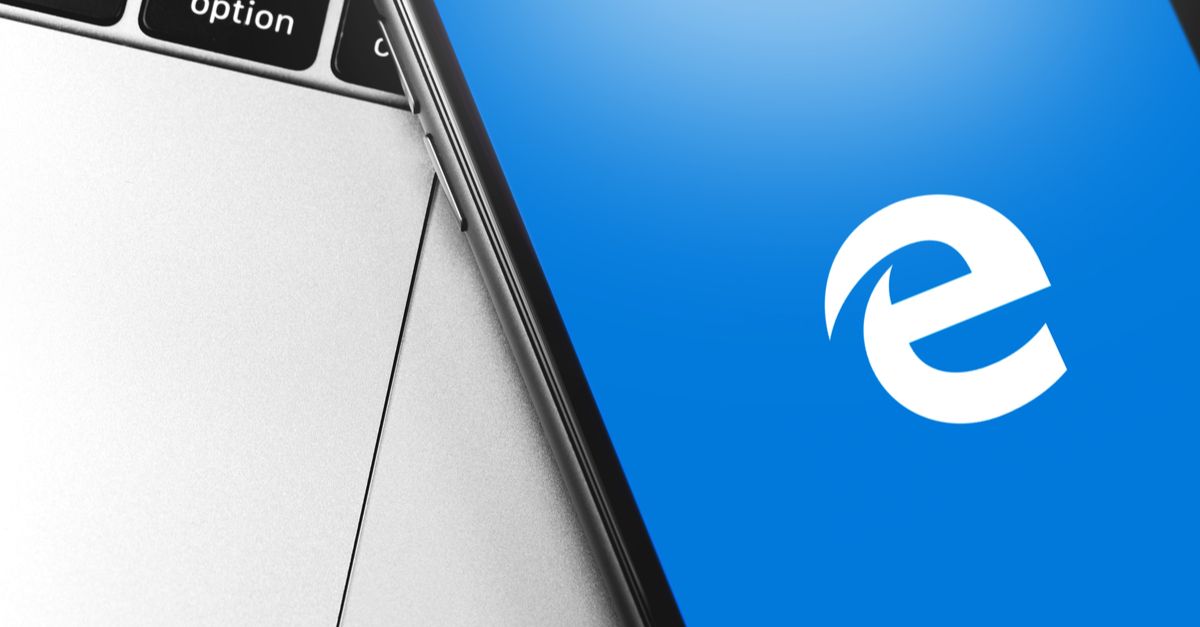After three years of embarrassing rejection, might Microsoft’s newly-Chromed Edge browser be on the up?
The company last week released two 64-bit Windows 10 versions of its handiwork, the first tagged as ‘Dev channel’ updated weekly, the second a ‘Canary Channel’ version updated daily (a more stable Beta Channel version with six-weekly updates is in the works).
Drip feeding enthusiasts something new is never a bad approach, especially now that Edge is no longer a feature buried inside Windows 10 and wants to be a story on its own.
Ironically, the big anticipation of this new Edge is that it’s now based on open-source Chromium, the same code used by Google inside its Chrome browser which has pounded Microsoft for nearly 11 years.
The download even says Chromium version 74.1.96.24, not far behind the timeline published for Google’s Chrome 74 even if the new Edge is still months off a final release. As Windows corporate vice president Joe Belfiore warned:
In these first builds we are very much focused on the fundamentals and have not yet included a wide range of feature and language support that will come later.
As Naked Security noted in December when the announcement was made, it’s a huge change marker for Microsoft, which for years invested heavily in its in-house EdgeHTML and Chakra-powered Edge codebase as the natural successor to Internet Explorer (IE).
A lot of people thought Edge was a decent browser whose take-up remained stubbornly around 4% because users had long since settled on Chrome, Firefox or Safari to do the job.
Others complained that it was riddled with almost as many security problems as its ill-fated predecessor and was too wedded to its own non-standard technologies that developers disliked.
Narrowing gene pool
What is unmistakable is that three of the top five popular browsers are now based on Chromium, the other being Opera. That leaves Safari, tied to Apple, and Firefox as the only independents.
Critics might point out that this looks a lot like the IE monoculture that spurred the development of Firefox in 2002, and Google Chrome in 2008, as Redmond dawdled. (Between those two dates, excluding service packs, Microsoft released only one version, IE 7.)
Assuming Microsoft backports it to replace the forlorn IE, and converts current Windows 10 Edge users, this will mean that Chromium-based browsers will have up to 85% browser user share.
Microsoft will contribute to Chromium but there’s no getting away from the power Google now has.
Alternatively, the Chromium Edge browser’s selling point will be that it is a way to have something that looks and behaves a lot like Chrome without being as intimately connected to Google’s surveillance.
One could argue that Microsoft has an interest in the same surveillance but that would remain true had it stuck to its current Edge browser.
As for how many users will take to the new Edge, it’s hard to imagine it won’t do better than the current Microsoft version (converting IE holdouts could ensure that).

Jim Lord
I hope it comes with dark mode and windowed activeX emulator for those legacy sites ( mostly training and help sites that are still around)
Kurt S
I tried Edge, and it drove me right over it. Thanks but, NO thanks. Won’t use it. End of statement.
Kurtz
Why not just release a stable version of Chromium to replace IE? Why change it just to be different, just focus on improving other parts of your OS.
Russ Morey
I will wait patiently for the “chromed”edge.
Spryte
“Chromium Edge browser’s selling point will be that it is a way to have something that looks and behaves a lot like Chrome without being as intimately connected to Google’s surveillance.”
One can have that by using the Vivaldi browser and it is fully customizable.
John E Dunn
Indeed – other browsers are available. The point about Chromium Edge is that it will be part of every Windows 10 computer and has the backing of one of the world’s most profitable tech companies. That gives it influence and significance.
Mjunky
But does your Vivaldi browser come installed on Windows by default? No? Then most users will not use it and IT departments will not be able to rely on it being there.
Douglas Rhees
Help, I can No longer print items that I open with Edge 4/17/19
Wilderness
I always liked Edge, myself.